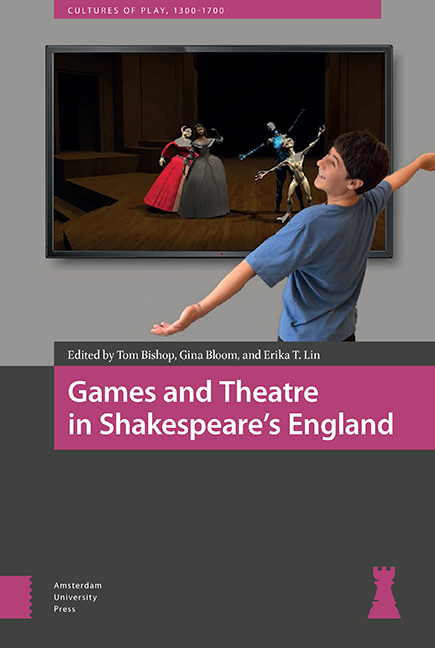5 - Playing with Paradoxes in Troilus and Cressida
Published online by Cambridge University Press: 21 October 2021
Summary
Abstract
In 1.3 of Troilus and Cressida, Ulysses reports that Patroclus has been “pageanting” the Greeks for Achilles who languishes in bed. Ulysses claims the performance is terrible: Patroclus's gestures are ridiculous, his dialogue wooden, his emotions overstated. We recognize, however, that Patroclus is doing impressions and Achilles’ amusement is derived from hyperbolic likenesses. This chapter will consider this scene of impersonation as both private game and public play in order to show that while the bed game is framed as wasteful and unproductive, the report constitutes a rare moment in this play, in which words actually capture the truth of the things they seek to represent.
Keywords: impersonation; parody; wit; performance; text play
The epistle that prefaces the “b” issue of the quarto printing of Troilus and Cressida is an interaction between a “never writer” and an “ever” reader. Presumed to have been written between the first private performance of the drama (possibly at the Inns of Court) and its eventual public staging (hypothetically at the Globe), the epistle describes Shakespeare's scathing “comedy” as “never staled with the stage, never clapper-clawed with the palms of the vulgar,” immediately establishing tension between the private activity of reading and the public activity of theatregoing as well as, correspondingly, between the sophisticated sensibilities of readers and the indiscriminate tastes of theatregoers. The appeal of Troilus and Cressida, for the discerning reader, lies in its wit: comedy, we are informed, is no vain matter—though comedies are forever being styled as vanities by their censors. Thus, turning from the page to the stage, the epistle proposes a defense of public stage-playing that is familiar: “the most displeased with plays,” should they be drawn “by report” to the playhouse, “have found that wit there that they never found in themselves, and have parted better witted than they came, feeling an edge of wit set upon them, more than ever they dreamed they had brain to grind it on.” This improvement happens, the writer claims, because Shakespeare's comedies are “so framed to the life, that they serve for the most common commentaries of all the actions of our lives, showing such a dexterity and power of wit” (193).
The epistle is an apology for the stage, penned in the Aristotelian/Horatian tradition: because they show us our follies, stageplays make us better humans.
- Type
- Chapter
- Information
- Games and Theatre in Shakespeare's England , pp. 139 - 158Publisher: Amsterdam University PressPrint publication year: 2021



